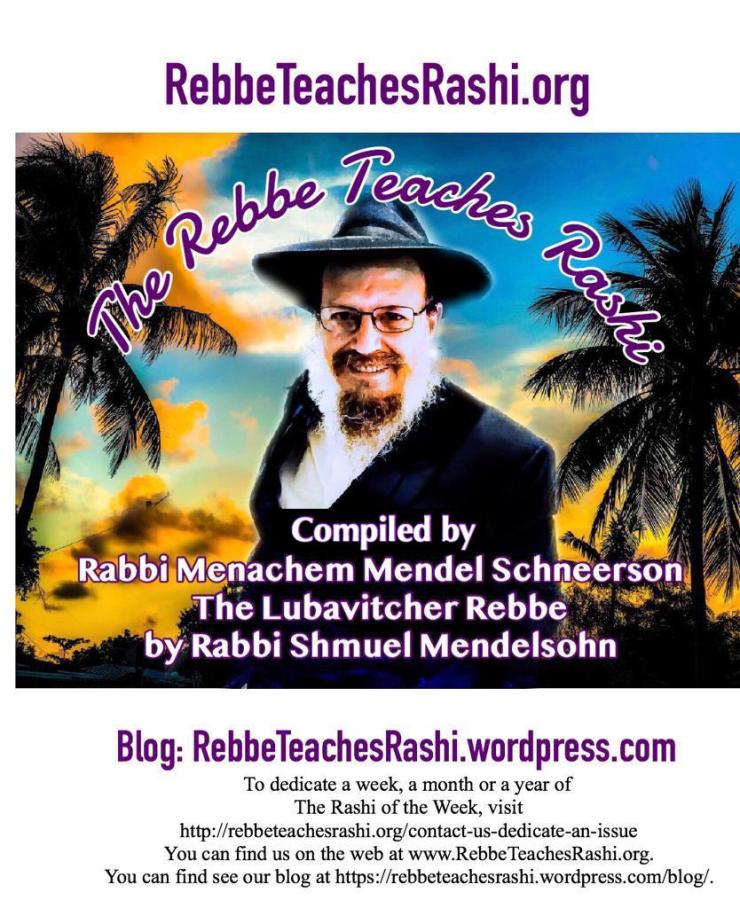Click here for a printable PDF.
This week’s Parshah, Emor, begins by discussing the prohibition against Kohanim defiling themselves. In the very first verse of our Torah portion, Hashem tells Moshe to[1] “Say to the Kohanim the sons of Aharon, and say to them, ‘Let none of you become Tomei for a dead person among his people.’”
Rashi cites the words “say to the Kohanim” and explains, “’ Say…and you shall say.’ The Torah writes this to warn the adult Kohanim to be responsible for the minors (not to allow them to contaminate themselves).” Rashi is explaining to us that this verse comes to teach us that adult Kohanim are responsible for ascertaining that child Kohanim not become Tomei, meaning ritually impure.
We know that Rashi is exceptionally particular and precise with the words which he uses in his comments. The literal meaning of the Hebrew word “Lehazhir – להזהיר” is “to warn.” There were other words that Rashi could have chosen to express this same concept. Why did he choose this particular word?
The previous Lubavitcher Rebbe, Rabbi Yosef Yitzchok Schneersohn, writes that the word “Lehazhir – להזהיר” has a deeper meaning. It is also related to the word “Zohar – [2]זוהר.” This word means radiance or light. The form of the verb is causative. The literal meaning of the word “זהיר – Zahir” is to be careful. Therefore, the term “Lehazhir – להזהיר” means to cause one to be careful, i.e., to warn someone. Based on the Previous Rebbe’s translation of the word, “Lehazhir – להזהיר” would mean to cause another to shine.
Based on the above, Rashi’s choice of words has a far deeper meaning. Rashi is teaching us that when one teaches a child, whether it’s a child in years or knowledge, he must do so with a “radiant” face. He must treat his students with love. By so doing, the student will have the greatest benefit and will shine.
Additionally, based on this, the words can be translated “to cause the adult Kohanim to shine through the minors. The result of teaching children with love enhances the teachers’ level as well.
This follows the Sages teaching[3], that “When a student approaches a teacher and asks to be taught Torah, Hashem illuminates the eyes of both the teacher and the student.”
I wish one and all a Good Shabbos and a “radiant” summer!
Rabbi Shmuel Mendelsohn
Adapted from Likkutei Sichos Volume 7, Pages 151-152
DEDICATED IN HONOR OF THE LUBAVITCHER REBBE
מוקדש לזכות כ”ק אדמו”ר נשיא דורנו מליובאוויטש
לזכות
חיילי “צבאות השם” חיים ועדן עודד שיחיו מאריס
*
נדפס ע”י הוריהם
הרה”ת ר’ מנחם מענדל
וזוגתו מרת חי’ מושקא שיחיו מאריס
[1]. Our Parshah, Vayikroh 21:1.
[2]. Sefer Hamaamorim 5708, Page 240.
[3]. Talmud Temurah 16, a.

